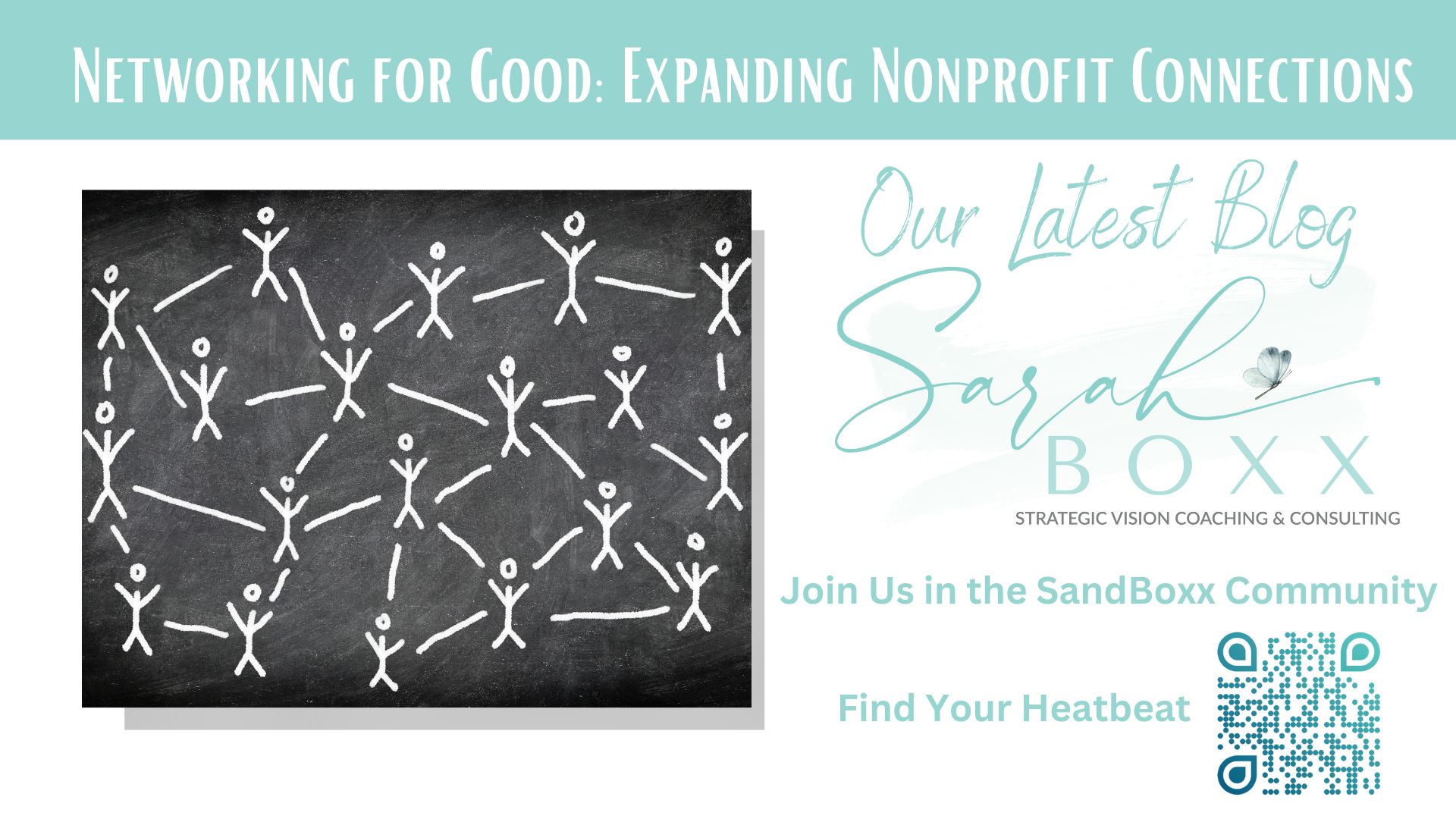“Good leaders delegate and empower others liberally, but they pay attention to the details, every day.”
Colin Powell
Progress takes planning. Plain and simple.
If you look at all highly effective leaders, their personal success and the success of the organizations they lead didn’t happen overnight. It didn’t happen randomly or without much effort or planning.
On the contrary, truly successful leaders put a great deal of time, energy, and effort into creating strategic plans for growth and achievement.
They evaluate their current conditions, set realistic goals and measurable benchmarks, analyze their progress, and make changes as needed.
Why is this important?
To understand why you need to plan, it’s important to consider what happens when you don’t.
Without a plan for progress in place, you’re likely to find yourself (or your organization) in “reaction mode.”
In other words, instead of making forward progress, you’ll end up constantly reacting to external circumstances and “putting out fires” as they arise.
“But things are constantly changing…do I still need to plan ahead?”
YES. Creating a plan does not mean that every aspect of your strategy will remain unchanged. It simply gives you a starting blueprint, tangible action steps to begin progress.
It’s important to revisit your plans on a regular basis, and you may find that aspects of your strategy need to be changed or adjusted to accommodate new information or changes that you didn’t anticipate.
That’s okay!
Changing your plans does not equate failure. On the other hand, choosing NOT to plan is setting yourself up to fail.
Strong leaders:
- Plan For Themselves
If you are going to be effective in leading your team or organization, you better be planning for your individual development.
-
- How are you going to grow as a leader?
- What professional development opportunities can you take advantage of?
- What tangible goals have you set for yourself?
- Plan For Their Organization
Organizational sustainability and growth require preparation and planning for the future. It is your responsibility as a leader to foster planning conversations. Have you considered:
-
- Whether your current organizational goals are relevant?
- What resources are required to achieve those goals?
- What obstacles might stand in the way and how you can address them?
- What your role as a leader is in achieving these goals?
Effective planning is a skill that is built with time and practice. If you are a leader looking for collaboration and support in developing your strategic planning and leadership skills, you are invited to join our Intentional Nonprofit Leaders Membership Community waiting list.
In this group, we help nonprofit leaders who are short on time and resources by teaching them to design and implement a stress-free, systematic planning process that creates a strong board and leadership team.
Article was contributed by: Maria Lees, Team Writer with Sarah Boxx




